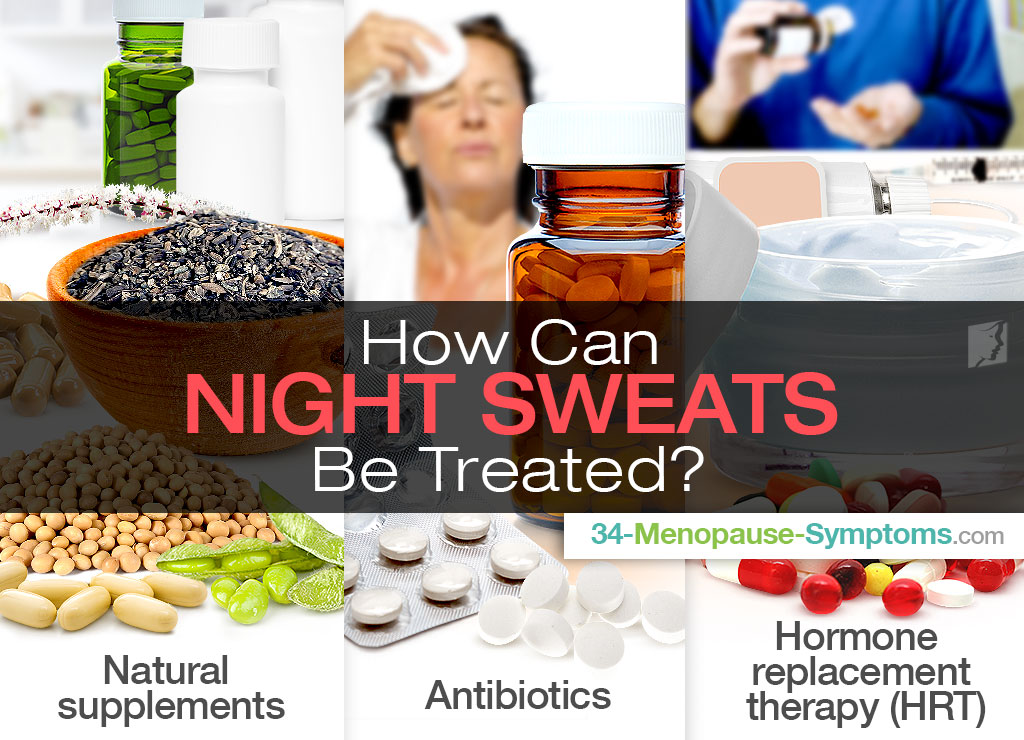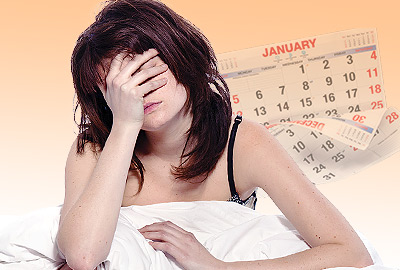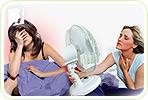The regular occurrence of night sweats can quickly become very frustrating and difficult to live with. Most of the time, constant sweating at night is a symptom of menopause; however, it can sometimes be a sign of another condition. For this reason, it is advisable to enhance your knowledge about this problem, so that it is easier to recognize a potential important health matter. Read on to find out more about the causes of night sweats, and also successful ways to address and cope with them.
What Are Night Sweats?
The experience of waking in the night overheated and covered in sweat is a condition commonly referred to as “night sweats”, or medically - “nocturnal hyperhidrosis”. It can affect women particularly as they approach, and journey through the menopausal years of their reproductive life. It can range from some minimal perspiration usually on the forehead or neck to excessive sweat all over the body.
What Are the Common Causes of Night Sweats?
Hormonal imbalance is the main reason behind night sweats. During this time the production of reproductive hormones in the body is interrupted, and specifically the reduction of estrogen has a significant interaction with different bodily processes; one of these being body temperature. The part of the brain that influences temperature control is affected, which can result in hot flashes and night sweats.
While menopause is often the cause, there is always the possibility that constant night sweats can be a symptom of a different medical disorder. These include:
Obesity. It is known that women who are overweight are more likely to experience night sweats, and often to a more severe degree.
Stress. Sometimes anxiety and emotional problems can manifest themselves in the form of constant night sweats, particularly if they also cause troublesome dreams.
Fever. Bacterial, viral, or fungal infections causing fever can all lead to nighttime sweating. Anything above normal bodily temperature of 99°F (37°C) can be considered a fever.
How Can Night Sweats Be Treated?
Depending on the reason behind your night sweats, there are a number of different options that women have found to be effective in treating the problem. Some of the most popular methods include:
Natural supplements. Supplements such as soy and black cohosh are often suggested for menopausal women, as these too can alleviate the severity of symptoms in some women.
Hormone replacement therapy (HRT). This is possibly the most well-known treatment for all menopausal symptoms, working to regulate the balance of hormones in the body. Unfortunately, HRT can have serious side effects such as blood clots and cancer, so it is important to discuss this option with your doctor.
Antibiotics. If you suspect that the cause of your sweating is an infection of any sort, you should see your doctor to discuss your experience because antibiotics or other prescribed medication might be necessary.
Constant sweating at night is undoubtedly a difficult symptom of menopause. Many women find that with the above treatments that are able to greatly reduce the occurrence of this problem, if not eliminate it altogether.
Fortunately, there are a number of simple adjustments you can make to ensure that constant night sweats do not happen.
Sources
- National Health Service UK. (2014). Night sweats. Retrieved June 7, 2017, from http://www.nhs.uk/conditions/night-sweats/Pages/Introduction.aspx
- Thurston, R.C. et al. (2015). Behavioral Weight Loss for the Management of Menopausal Hot Flashes: A Pilot Study. Menopause, 22(1):59-65. Retrieved from https://www.ncbi.nlm.nih.gov/pmc/articles/PMC4270932/
- Patient. (2016). Fever and Night Sweats. Retrieved June 7, 2017, from https://patient.info/doctor/fever-and-night-sweats-pro
- National Health Service UK. (2016). Hormone replacement therapy (HRT). Retrieved June 7, 2017, from http://www.nhs.uk/conditions/Hormone-replacement-therapy/Pages/Introduction.aspx




